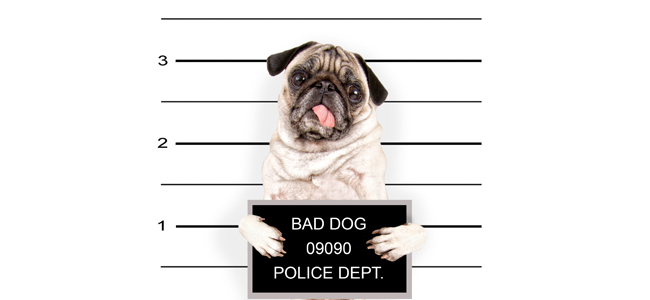
“Bad Dog!” Why a Husky’s Owner Must Pay R100,000 Damages
“…in general, ownership of an animal should carry with it strict liability for any harm done by the animal.” (Extract from judgment below)
Owning a pet comes with both joys and responsibilities, and a recent High Court award of almost R100,000 in damages to the victim of a dog attack is yet another reminder of the potential dangers of animal ownership and the legal responsibilities that come with it.
A social invite goes horribly wrong
- 17 years old at the time, a young woman was invited to a social gathering at a private house. As the gate was opened to let her in, two dogs came running out and the one (a large Siberian Husky) ran towards her and without warning launched itself towards her throat. She raised her arms to ward off the attack which resulted in both her forearms being bitten.
- Rushed to hospital, she was operated on by a plastic surgeon and has been left (nine years on) with scarring, physical disability and pain requiring physiotherapy, as well as counselling for psychological trauma in the form of PTSD (post-traumatic stress disorder).
- The dog’s owner suggested in court papers that when the dog jumped up to greet the victim, she had provoked it and acted negligently by retaliating, hitting it and pulling its hair. She was, he said, injured when the dog fended off her “unwarranted attack”. However, as the owner led no evidence to support this (the onus being on him to do so) the Court accepted that there was no provocation or negligence from the victim’s side.
- On the basis of our law’s general legal principle that “…in general, ownership of an animal should carry with it strict liability for any harm done by the animal”, the Court ordered the dog’s owner to pay the victim a total of just under R100,000 in damages.
The danger for pet owners – liability without fault
To understand that outcome, we need to go back to an old Roman law remedy, the pauperian action (“actio de pauperie”).
Under that action, which is still very much part of our modern law, the victim does not need to prove that the animal’s owner was negligent in any way. If your dog (or any other domesticated animal) causes someone else harm you are held liable on a “no fault” or “strict liability” basis.
There are a few limited exceptions to this rule, so if for example the dog’s owner in this case had been able to show that the victim had provoked the attack, she would no longer have been able to rely on the “no fault” concept. She would then have had to prove negligence and fault on the dog owner’s part – a much harder task.
But the general risk for animal owners remains this – you can be held liable for damage caused by your animals without the slightest fault on your part.
Dog Owners – how to manage the risks
So let’s end off with a few practical tips on how to protect your pet, ensure the safety of others, and reduce your risk of legal liability -
- Understand the risk: You could be held legally responsible for any harm caused by your pet, including injuries to people and other animals, property damage, and emotional distress suffered by the victims.
- Check your insurance cover: Make sure you have in place Public Liability insurance that will cover you for any claim of this nature.
- Socialise and train your dog: Proper socialisation and training are vital to prevent aggressive behavior in dogs. Ensure that your dog interacts well with people and other animals.
- Supervision and restraint: Keep your dogs supervised and under control at all times. Follow leash laws in public spaces or whenever there is any risk of harm.
- Watch for the warning signs: Be aware of any signs or history of aggression or fear in your dog, and if necessary, seek professional help from a qualified animal behaviorist or trainer.
- Take legal advice: If you are ever involved in a dog-related incident, consult immediately with your lawyer to assess your case, explain your legal rights, and guide you through the necessary legal processes.
Provided by Woodhead Bigby Inc. Attorneys
© DotNews. All Rights Reserved.
